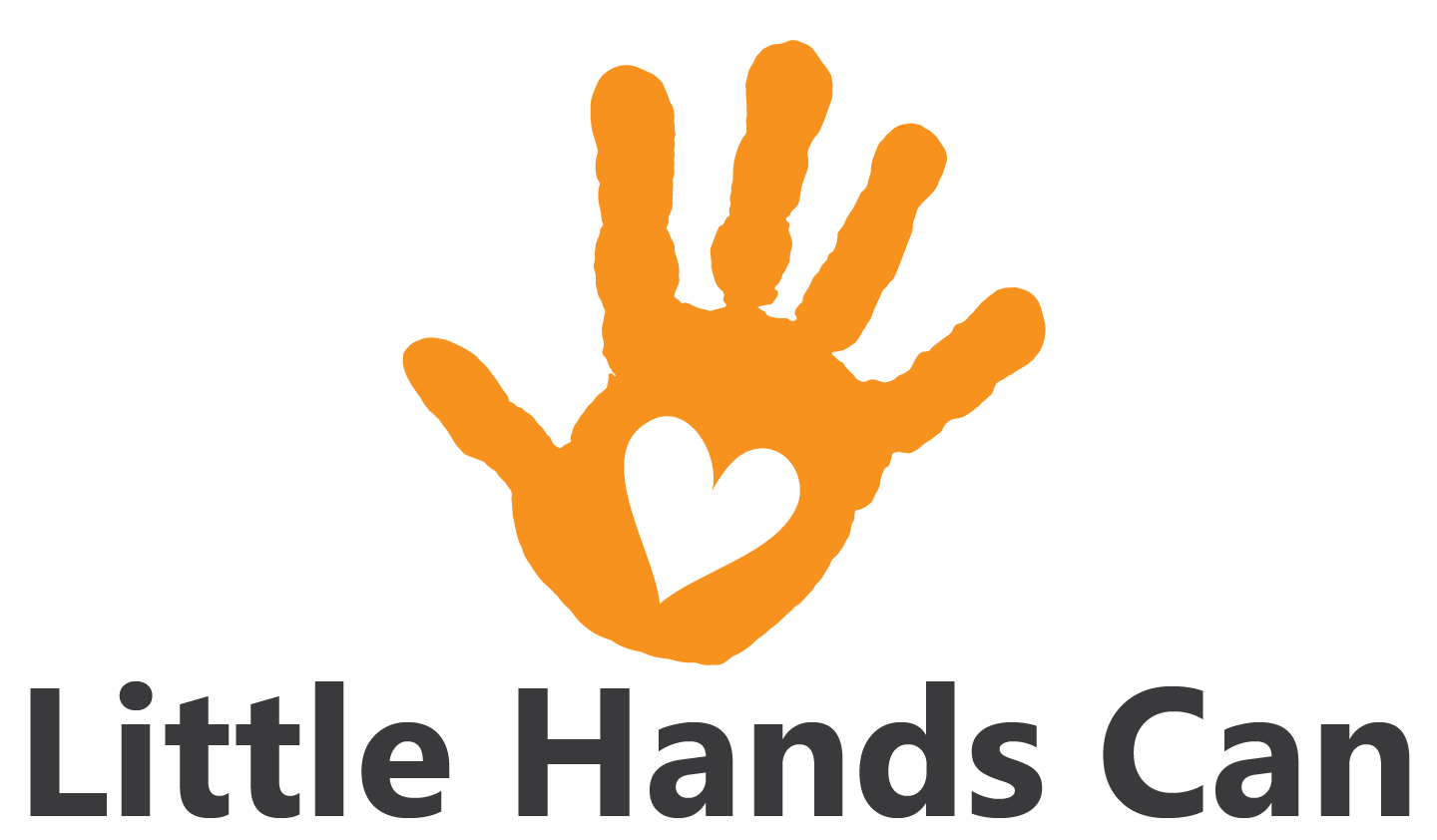Talking Points
Below are some different talking points and questions for our volunteers to discuss prior to or after our various community service events, with friends and families. These questions are grouped by the different community organizations with whom we partner.
Our Community Partners:
Greenhill Humane Society is an animal shelter and the only one within the Eugene/Springfield area. Their programs include animal adoptions; reuniting lost animals with their families; disaster response; crisis care boarding in situations of domestic violence, medical emergencies, and other crisis situations; spay/neuter for free roaming, un-owned community cats; a pet pantry; on-site volunteer opportunities; foster care and humane education.
Below are some questions you discuss with your kiddos around the importance of supporting our local humane societies:
Community and Responsibility
Why is it important for our community to take care of animals that don't have homes?
How can helping animals make our neighborhoods better places to live?
What are some ways that kids our age can make a difference for animals in need?
Action and Impact
What are some of the things that humane societies do to help animals?
How do the donations and volunteer work people contribute help the animals?
Can you imagine a world where all animals have safe and loving homes? What would that be like?
Critical Thinking
What are some of the reasons why animals might end up in shelters?
What do you think are the biggest challenges that humane societies face?
How can we encourage more people to support and volunteer at humane societies?
Friends of Trees is an organization that inspires people to improve the world around them through a simple solution: planting trees together. Since 1989 Friends of Trees has planted 975,000+ trees and native shrubs in neighborhoods and natural areas in six counties across two states. They have done this through engaging tens of thousands of community members, and while implementing and growing programming that aims to do this work inclusively and equitably.
Below are some questions you can discuss with your kiddos around the importance of planting trees and flowers to help our local pollinators:
Community and Responsibility:
How do you think bees and butterflies help plants produce the fruits and seeds we eat?
Why do you think it’s important for trees to absorb carbon dioxide and produce oxygen for our air?
Can you imagine what our community would be like without trees providing homes for animals and birds?
How do you think pollinators help keep our ecosystems balanced and healthy?
Action and Impact:
What kind of plants do you think would attract bees and butterflies to our garden?
Would you like to join a tree-planting event in our community? How do you think it would help?
Do you know why it’s a good idea to use natural alternatives to pesticides to keep our gardens safe for pollinators?
How about we create drawings or paintings of trees and their animal friends to understand their importance better?
Critical Thinking:
What challenges do you think bees and butterflies face today? How can we help them?
How do you think tree roots help keep the soil from washing away?
Why is it important to have a variety of plants and flowers in our environment? How do pollinators help with that?
Can you think of ways that planting a tree today can make a big difference for the future?


